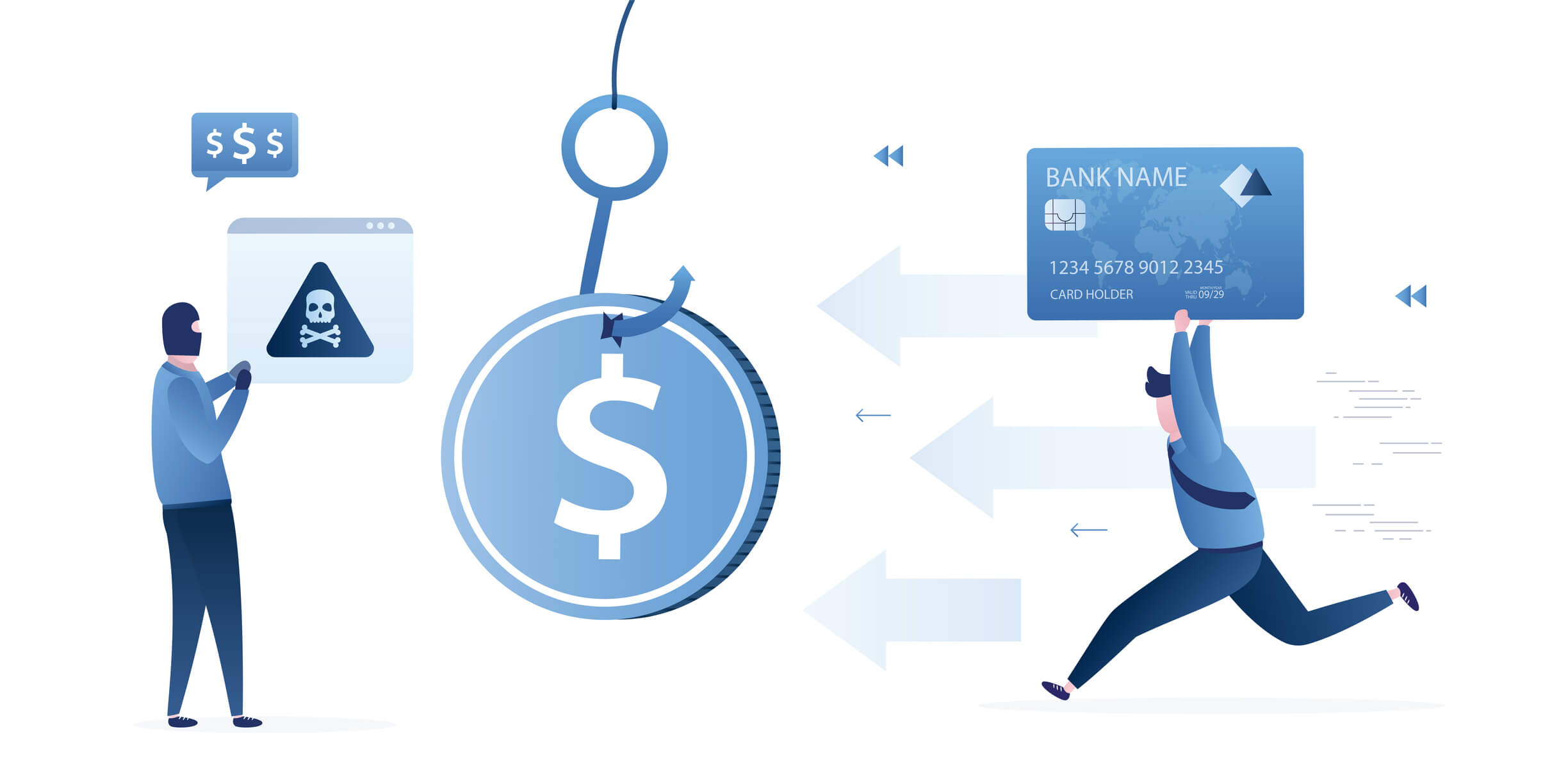Financial fraud can cause you to lose all of your hard-earned savings. Understanding how to preserve your savings and assets is essential to intelligent financial management. Have you ever thought about how many types of financial fraud are there? Writing forged checks is a typical kind of financial fraud. And some varieties entail more intricate methods of financial deception. Other cases involve investment fraud. Whatever sort of fraud you encounter can potentially turn your money upside down. However, with proper planning and knowledge, you can avoid being a victim of financial swindlers.
Keep the following easy tips in mind to lower your chances of financial fraud:
Keep an Eye on All Your Investments
Many people work with stockbrokers or financial counselors. It is critical to verify all of your investment assets independently. Do not depend solely on the financial statements provided by your financial advisor.

Keep Your Personal Information Safe
Your user IDs, passwords, and PINs control the fate of your finances. This information enables you to obtain funds and assets from your banks and investments. Maintain the confidentiality and security of all such information, and update your passwords and PINs regularly. Keep your data safe from unknown individuals. Your financial institutions, such as banks, brokerages, and the police, would never contact you to obtain your passwords and PINs.
Be Cautious While Making Online Payments
The most common type of fraud is identity theft. Someone may contact you claiming to be an institution that works for you or represents a financial business or the government to obtain funds. Fraudsters may attempt to contact you via phone, email, or text message. Please don’t rely on caller ID on your phone since scammers can utilize technology to make their calls appear from respectable businesses or organizations.
Verify their identity, especially if they ask for your personal information or ask you to part with money. Contact the relevant institution to verify someone’s legitimacy.

Be Aware of the Scams Requesting Your Personal Information
No legitimate organization will ever ask for your social security number, PIN, or bank account information in an email. Only share this data on secured websites. A well-known URL, such as www.paypal.com or www.amazon.com, should be used for such a site. It is most likely a hoax if you are unfamiliar with the website.
Use High-End Security Passwords
The days of using 12345 as your password are long gone. Hackers easily crack passwords that are basic number combinations or your pet’s name. Make a password with upper- and lower-case letters, numbers, and symbols at least eight characters long.
Don’t get Attracted to High Investment Returns
The promise of a significant return on investment is frequently too good to be true. In most investment fraud cases, the perpetrators rely on the avarice of investors drawn in by aggressive and quick profits. Investment scams involving pyramid and Ponzi schemes, unregistered investments, promissory notes, commodities, and other similar scams frequently use large profits to entice you to make poor judgments.
Know who you’re working with and only invest with regulated intermediaries like banks, brokerages, and financial advisers.

Establish Internal Controls in Your Organization
These include plans, procedures, paperwork, and responsibilities inside a corporation to deter financial fraud. The goal of these components is to detect discrepancies in records and collections. Continuously analyzing and adapting the activities above is also beneficial to guarantee that a company is on the right track while combating fraud.
Examine All of Your Accounts and Passwords
Ensure vigilance over all of your financial accounts and credit cards. Check your statements regularly and ensure you recognize all the transactions on them. And, despite what may appear to be common sense, keep your passwords confidential and complex. Also, don’t use the same password for many accounts.
 About Complete Controller® – America’s Bookkeeping Experts Complete Controller is the Nation’s Leader in virtual bookkeeping, providing service to businesses and households alike. Utilizing Complete Controller’s technology, clients gain access to a cloud platform where their QuickBooks™️ file, critical financial documents, and back-office tools are hosted in an efficient SSO environment. Complete Controller’s team of certified US-based accounting professionals provide bookkeeping, record storage, performance reporting, and controller services including training, cash-flow management, budgeting and forecasting, process and controls advisement, and bill-pay. With flat-rate service plans, Complete Controller is the most cost-effective expert accounting solution for business, family-office, trusts, and households of any size or complexity.
About Complete Controller® – America’s Bookkeeping Experts Complete Controller is the Nation’s Leader in virtual bookkeeping, providing service to businesses and households alike. Utilizing Complete Controller’s technology, clients gain access to a cloud platform where their QuickBooks™️ file, critical financial documents, and back-office tools are hosted in an efficient SSO environment. Complete Controller’s team of certified US-based accounting professionals provide bookkeeping, record storage, performance reporting, and controller services including training, cash-flow management, budgeting and forecasting, process and controls advisement, and bill-pay. With flat-rate service plans, Complete Controller is the most cost-effective expert accounting solution for business, family-office, trusts, and households of any size or complexity.




